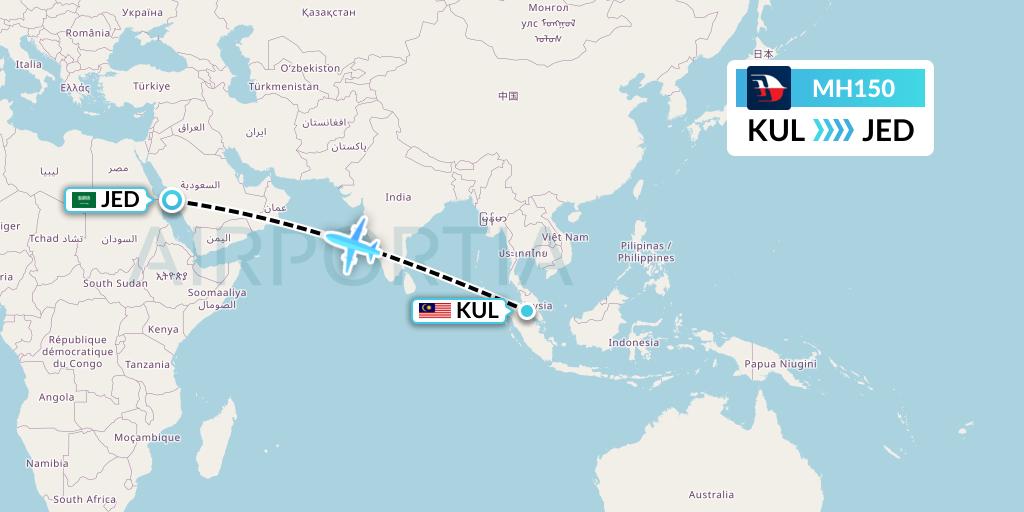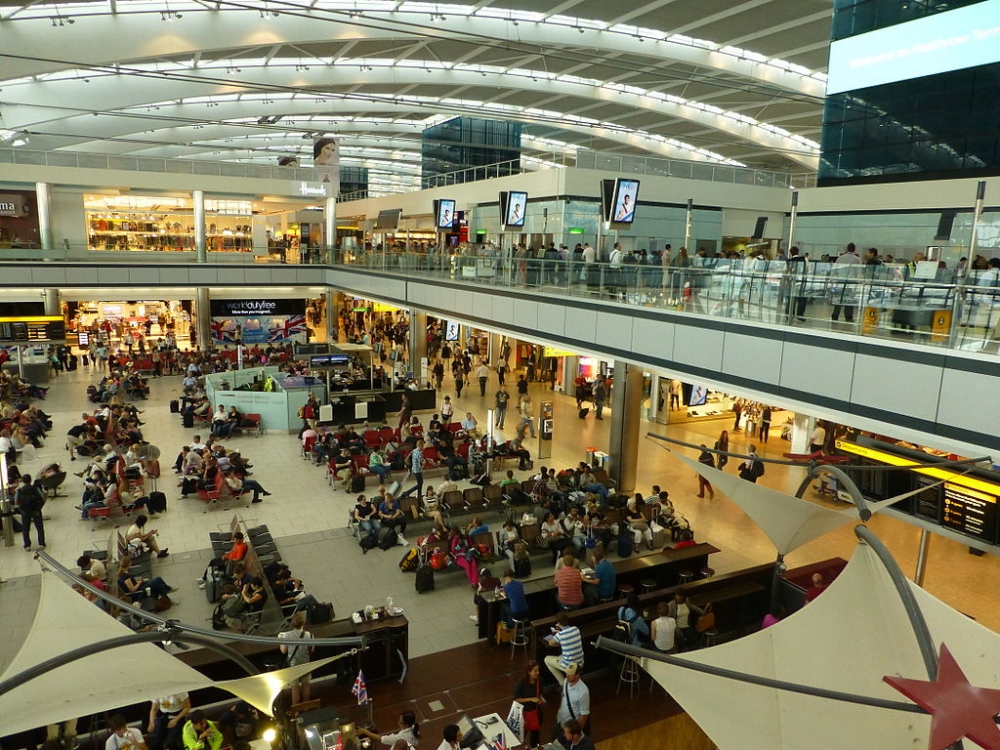Airlines are fighting back against Europe’s lavish airline consumer regulations, which have unwittingly created an industry of ambulance-chasing legal firms promising big compensation payouts in return for lucrative commission fees.
The European Union has created a system where travellers can be compensated multiples of the fares they have paid if their flight is delayed, creating an incentive for passengers to seek out disruptions to score free travel.
New Euro start-up companies such as AirHelp, Flightright, EUclaim and Gate28 specialise in extractting compensation from airlines, offering to take care of the administrative hassle in return for fees of up to 50 per cent of the eventual payout.
With average fares paid in Europe of less than $US80 on low-cost carriers such as EasyJet and Ryanair, passengers can claim up to €600 ($US640) per head under European Union Regulation 261 (EU261) if they face a substantial delay.
British newspapers have quoted the case of one family who claimed double the original $US500 cost of a ticket for a trip from the UK to Spain for a family of four following a three-hour flight delay, while another family of four claimed the maximum of €2400 ($US2520), which was virtually the full price of return tickets for four from London to Hawaii.
It can be a lottery as the compensation claims can be made only for flights departing from EU airports, but not flights flying to EU airports.
For the airline claims industry, business is booming.
EUclaim told The Wall Street Journal it had collected $US64 million since 2007, including more than $21 million this year alone. AirHelp said it had recovered $61 million on behalf of 800,000 passengers in the first six months of 2016, compared with $30 million for 400,000 passengers between its creation in 2013 and 2015.
WSJ says airlines are “bristling at the way some of the passenger-rights rules have been interpreted”.
EU261 regulation waves the requirement on a carrier to pay if a delay or cancellation is caused by extraordinary circumstances, without spelling out what those may be.
“In some recent court rulings judges have decided a delay caused by lightning strike or bird ingestion into an engine weren’t extraordinary circumstances when the airline delayed a flight to check the plane isn’t damaged,” the WSJ reported.
A spokesman for the Association of European Airlines (A4E), Geert Sciot, said that the rules as they stood were not realistic.
“We have become insurance companies for everything that can go wrong on a passenger’s journey, even if we have nothing to do with the problem,” he said.
Sciot raised the possibility that ticket prices may have to rise if the financial drain from compensation claims keeps rising.
A4E headquarters in Brussels told AirlineRatings.com: “An unintended consequence of Regulation 261 has been the emergence and recent exponential growth of the ‘EU261 claims harvester’ industry, in which third parties seek to involve themselves in the EU 261 claims process.
“These third parties are often unregulated, or minimally regulated, and employ aggressive marketing techniques, including cold-calling of passengers with a view to getting passengers to claim through them.
“They damage the relationship between passengers and airlines by representing to passengers that airlines’ claims procedures are onerous and stressful, and they can reduce the amount of compensation the passenger receives by deducting up to 50 per cent of the EU261 compensation that would otherwise have been payable to the passenger.”
The EU airline consumer regulations are unique in the world and haven’t been followed by other Western jurisdictions such as the USA, Canada or Australia and certainly no country in the rest of the world.
Formed in January 2016 representing the five biggest European carriers that transport two-thirds of the continent’s aire passengers, A4E says it has begun negotiations with the EU on updating its consumer regulations.
























